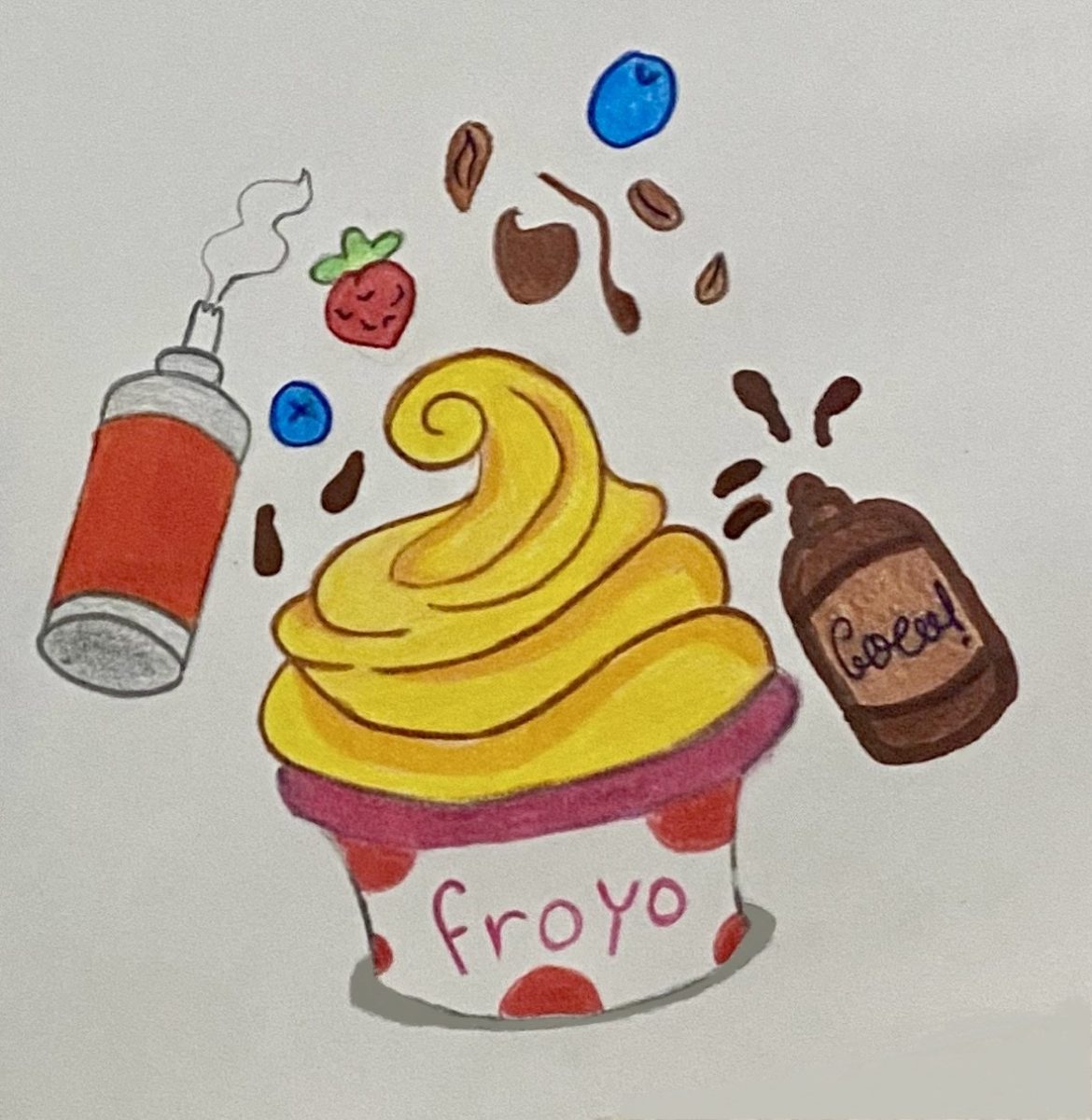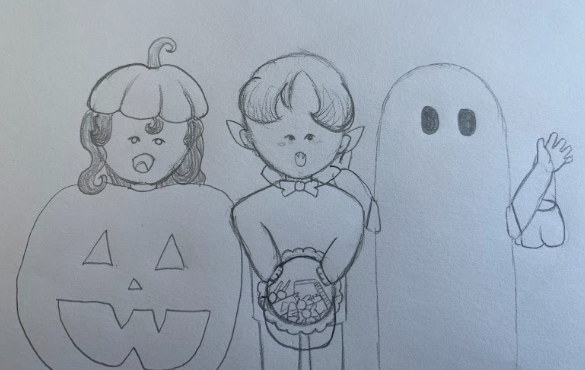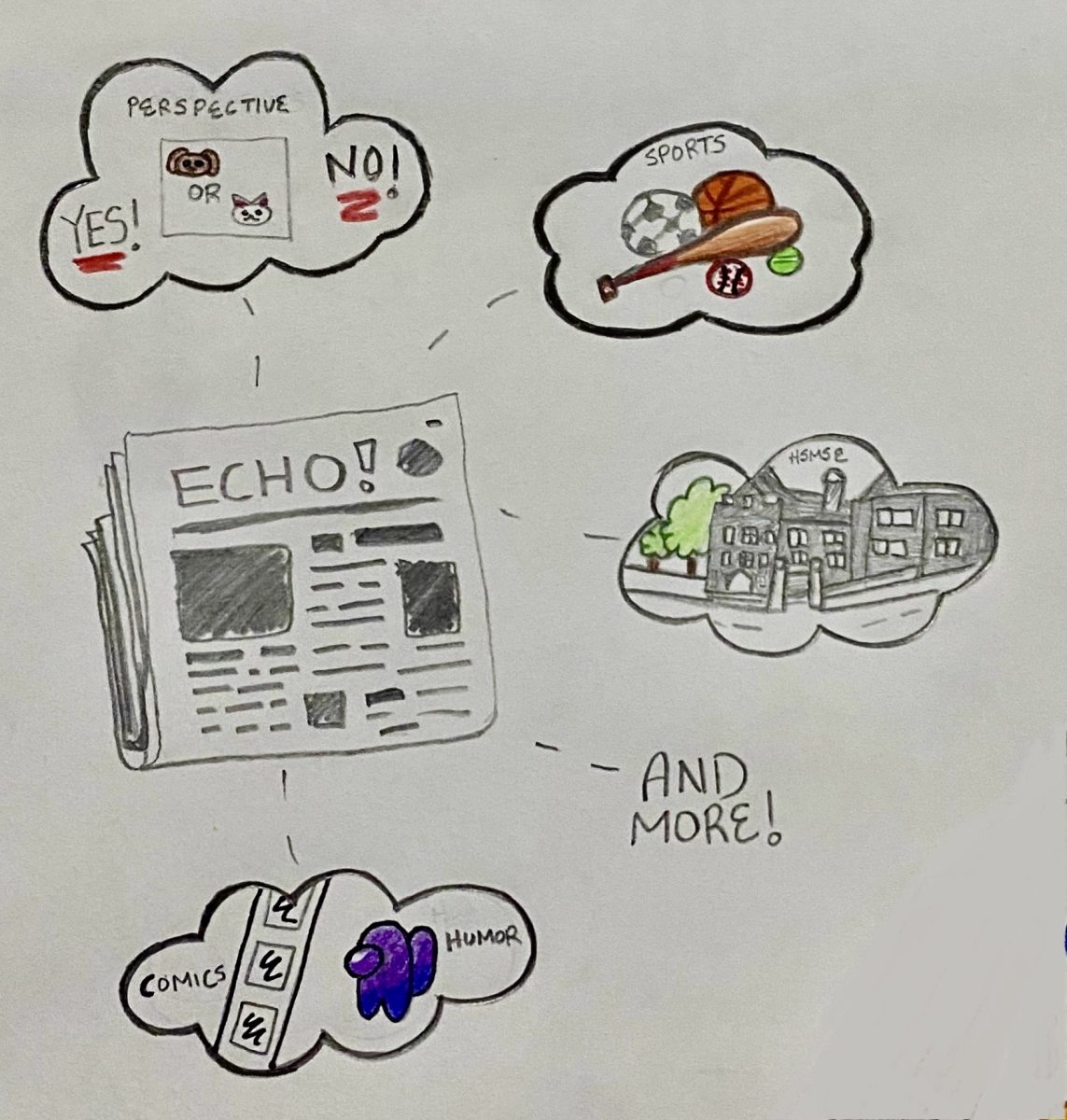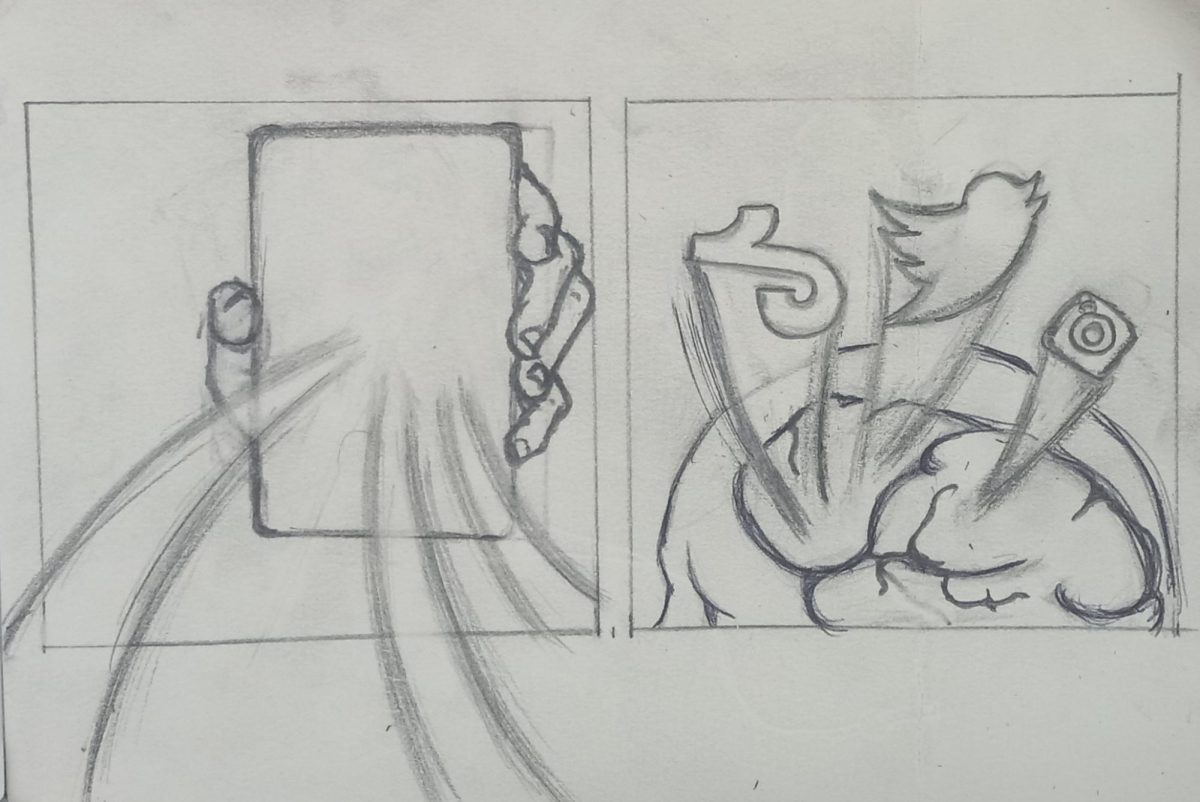Hey sigma squad, did you watch Kai Cenat’s mewing stream last night in Ohio where Baby Gronk rizzed up Livvy Dunne while mogging Duke Dennis skibidi style at the TikTok rizz party? If you did not understand what was just written above, congratulations! Consider yourself a normal member of society. You may have noticed that a strange vocabulary is popping up amongst the youth, primarily amongst members of Generation Alpha (people born after 2012), and you might also find yourself struggling to comprehend the meaning behind these words. However, if you want to be “hip with the youngsters,” it is necessary to be acquainted with both the meaning and the history behind these phrases.
WHAT IS BRAINROT?
Brainrot is a term used to refer to a specific sense of humor that developed over the pandemic years. It is a form of internet humor derived from randomness and meaninglessness taken to an extreme level. Brainrot phrases such as “skibidi” and “sigma” are now associated with Gen Alpha, while older generations (such as ours) struggle to find meaning within these phrases. From our perspectives, these words are just gobbledygook, which is why the internet has labeled these phrases as “brainrot” — they appear dumb to those who don’t use them. Although it has taken many forms and many names over the years, brainrot has always existed as a form of internet humor. The most recent example of this was the Major League Gaming (MLG) era of internet humor, which peaked in the early 2010s and usually took the form of a random gaming clip with 50 video effects and memes being thrown at you all at once. It was used whenever a creator wanted to highlight a cool moment, and although those outside the culture may see it as excessive, it was very much normalized during that period. There were many inside jokes in MLG culture, such as the Doritos and Mountain Dew combo, and the numbers 1337, 69, and 420. Even though it’s not as widespread as the brainrot seen today, at its core it has the same premise. It’s a form of humor that people who aren’t a part of the culture won’t be able to understand.
THE RISE OF BRAINROT
The rise of social media has highlighted this “brainrot” and elevated it to a level never seen before. Social media, specifically the platforms YouTube, Instagram, and TikTok are often seen as catalysts for trends and phrases to spread. This has allowed online influencers such as Kai Cenat to popularize certain “brainrot words” amongst their target audience, the younger generation. Platforms such as TikTok and Instagram also promote brainrot with their algorithms, and these algorithms target younger people to the point where brainrot fills up their feed. Additionally, the COVID pandemic pushed many young children to spend more time on their iPads, where they may have been exposed to brainrot. As a result, brainrot has transcended the internet and made its way into the real world. Nowadays it’s not uncommon to hear a little kid utter the word “skibidi,” or the phrase “Fanum tax.” Brainrot’s popularity seems to grow faster by the day, and new words are always being added as a result of the ever-shifting internet culture.
HOW DID BRAINROT PHRASES COME TO BE?
A lot of brainrot phrases are in nature meaningless, as they were never meant to have a definition. For example, the word “skibidi” simply has no meaning. It originated in 2020 from a meme where a head appeared inside a toilet and said, “skibidi dom dom dom yes yes yes.” Now, skibidi finds its way into sentences of all kinds, such as “What the skibidi?” or “That’s so skibidi of you!” Not all brainrot terms are meaningless, however — some are just words that have had their definition drastically shifted. “Sigma” was originally a Greek letter that commonly appeared in mathematics. However, its definition changed as a result of Greek letters being employed to label the lifestyles of men, deriving from the use of Greek letters to talk about the status of an animal within its pack. The terms “alpha male” and “beta male” were used to describe the roles of animals who travel in groups, with the alpha male being the leader of the group and the beta males being the other males in the group. Internet culture started to apply these labels to men, with the most dominant and stereotypically masculine men being labeled alphas and anyone else being labeled betas. Those who were considered “lone wolves,” or who cast aside social interactions in favor of being successful, were labeled “sigmas.” However, they weren’t often taken seriously as this self-proclaimed status was often a result of their severe lack of social skills. With the most recent change in its meaning, however, “sigma” has lost its definition entirely. It is not uncommon to see it integrated into sentences where it has no place, such as “Erm… What the sigma?” Sigma serves as yet another testament to the ever-shifting culture that circulates throughout the internet. In going from a math symbol to an adjective, and now to a nonsense word, it has suffered the same fate as skibidi in terms of transcending the need for a definition entirely. Womp womp.
WHAT SHOULD WE MAKE OF BRAINROT?
It doesn’t matter if you think brainrot is funny or a sign of serious psychological damage. Humor is subjective and constantly evolving. Not everyone will find the phrase “Erm… what the sigma?” funny. The goal of this article is not to convince you to lean into brainrot but to expand your understanding of it so that you can go and for-mew-late your own opinions.
A GLOSSARY OF COMMON BRAINROT TERMINOLOGY
Skibidi — A nonsense word that can be integrated anywhere, usually associated with toilets.
Fanum Tax — Something people say before they take a portion of your food.
Rizz — Short for charisma, or the ability to attract people.
Ohio — A U.S. state often associated with weird or abnormal activities.
Kai Cenat — A streamer on Twitch known for making reaction content for young audiences.
Mewing/Looksmaxing — A method used to improve physical appearance, primarily by improving the jawline.
Sigma — Used to refer to a type of “lone wolf” lifestyle and doubles as a nonsense word.
Baby Gronk — A fifth grader who plays football and is known for rizzing up gymnast Livvy Dunne.
Mog — To one-up somebody in any capacity, whether that be in skill or stature.
Womp womp — A sound effect made to signal disappointment, often used sarcastically.
























